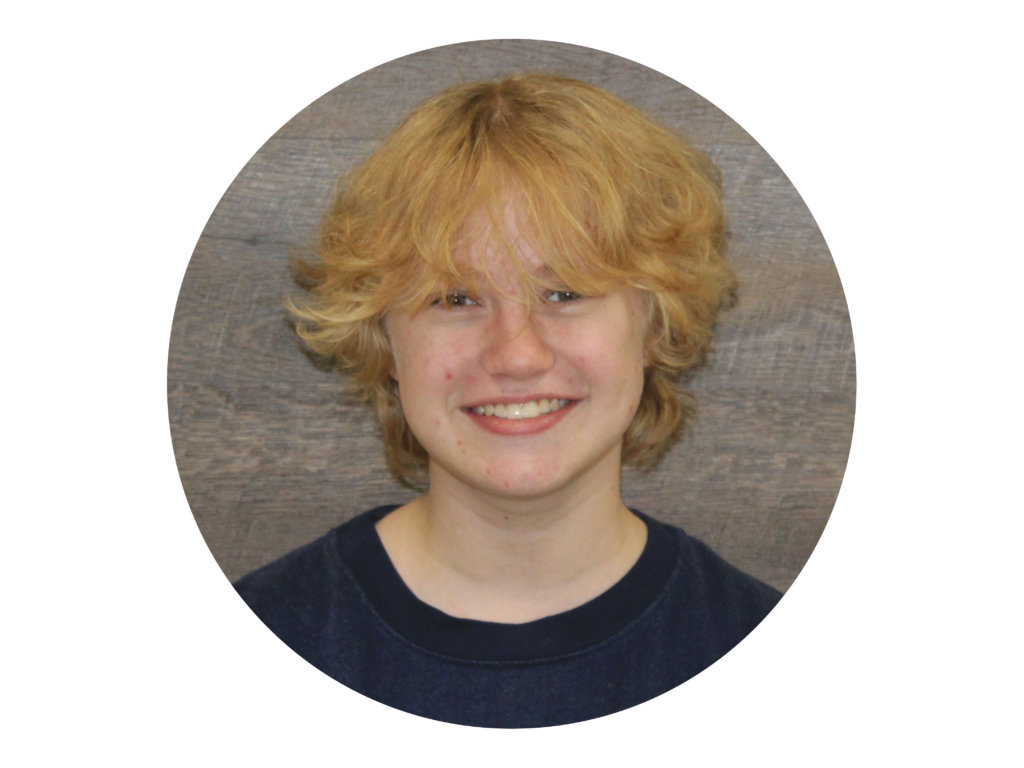Gay is not a dirty word

Josie Lorenz | The Chronicle
Le$bean, G@y, B! – methods to censor LGBTQ+ identities as if they are a curse, something to hide, something to shield from the conversation.
Dating back to the 12th century, the term “gay” referred to being happy and content. This word obviously evolved into how we know it now but even from the start, the word gay was nothing to be ashamed of. The first recorded use of the word gay to refer to homosexuality was in the 1938 movie Bringing Up Baby. But, there will always be people who have hate in their hearts and want to tear others down.
Homophobia is nothing new. In fact, it has been around for centuries. In 1533, the United Kingdom’s Buggery Act punished gay relations with a death sentence. When the act of being gay is seen as so shameful for such a long period of time, people will naturally turn the term into an insult. When adolescents hear these terms being used in a negative context, they will use the term in a negative context, and the bias/homophobia/insults become more normalized.
This is seen widely on social media. For example, a few months ago, popular children’s star Jojo Siwa came out as a lesbian. In reference to the negative stigma surrounding the word “lesbian”, she said in an interview with Yahoo Life that “I don’t like the word itself. But I mean, at the end of the day, that’s what I am.”. As a star whose primary demographic is children, this is teaching them to be ashamed or disgusted by LGBTQ+ identities.
Influencers do what their name implies: influence. I noticed it in the more recent situation of teen star Noah Schnapp coming out as gay via TikTok. It shocked me that he actually typed out the word “gay”, as I’m not used to seeing it on social media. On TikTok, people will often censor the word “gay” as the algorithm for these social media platforms automatically decreases audience reach according to The Washington Post.
The word ‘gay’ is shielded away due to the association it has with something it is not: an insult.
In too many instances, the word “gay” is used as an insult. This gives the TikTok algorithm a reason to censor the word. Noah Schnapp’s video may have gotten millions of views because he is a celebrity, but celebrities are not past receiving online bullying. As soon as the post went on the Internet, harmful jokes and mean comments rolled in regarding his sexuality.
Community censorship can very well be perpetuated through conversations. I could not count the number of conversations I’ve had where someone’s identity comes into the conversation and it goes something along the lines of this: “Yeah I heard she is lesbian.” A whisper of shame, as if it would be hurtful to be called gay, be called lesbian.
I can tell you right now, I am not ashamed of the word “gay”. Being comfortable in one’s identity is a beautiful thing. These words are not something we need to censor. They are not curse words, they are not offensive, they are parts of an identity. By treating these words as dirty, those who identify with them feel dirty in turn.
Getting to the point of erasing the ingrained shame for these identities means someone can be unapologetically themselves. Your identity is something you should be proud of and shout from the rooftops, not mumble under your breath.
